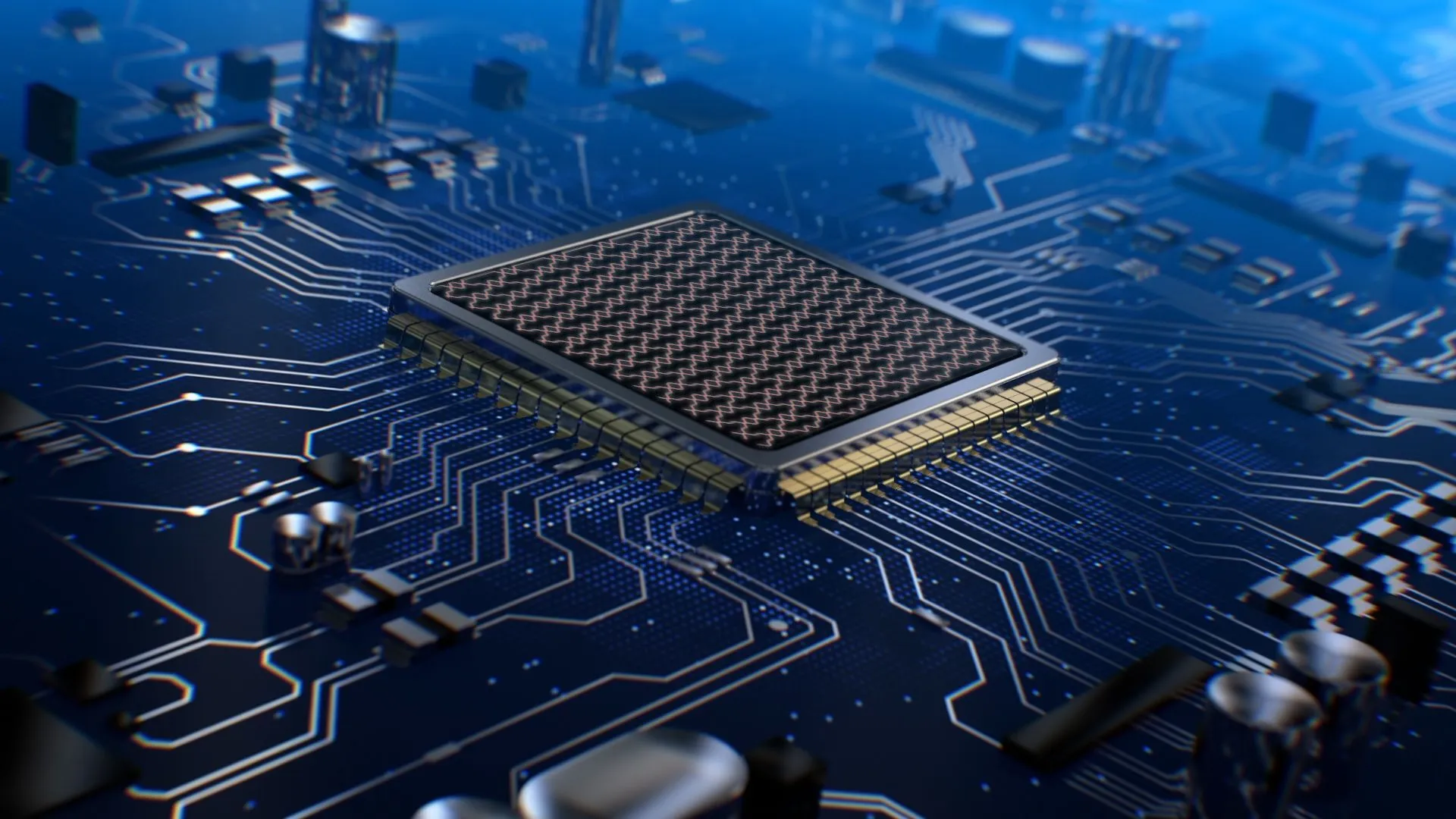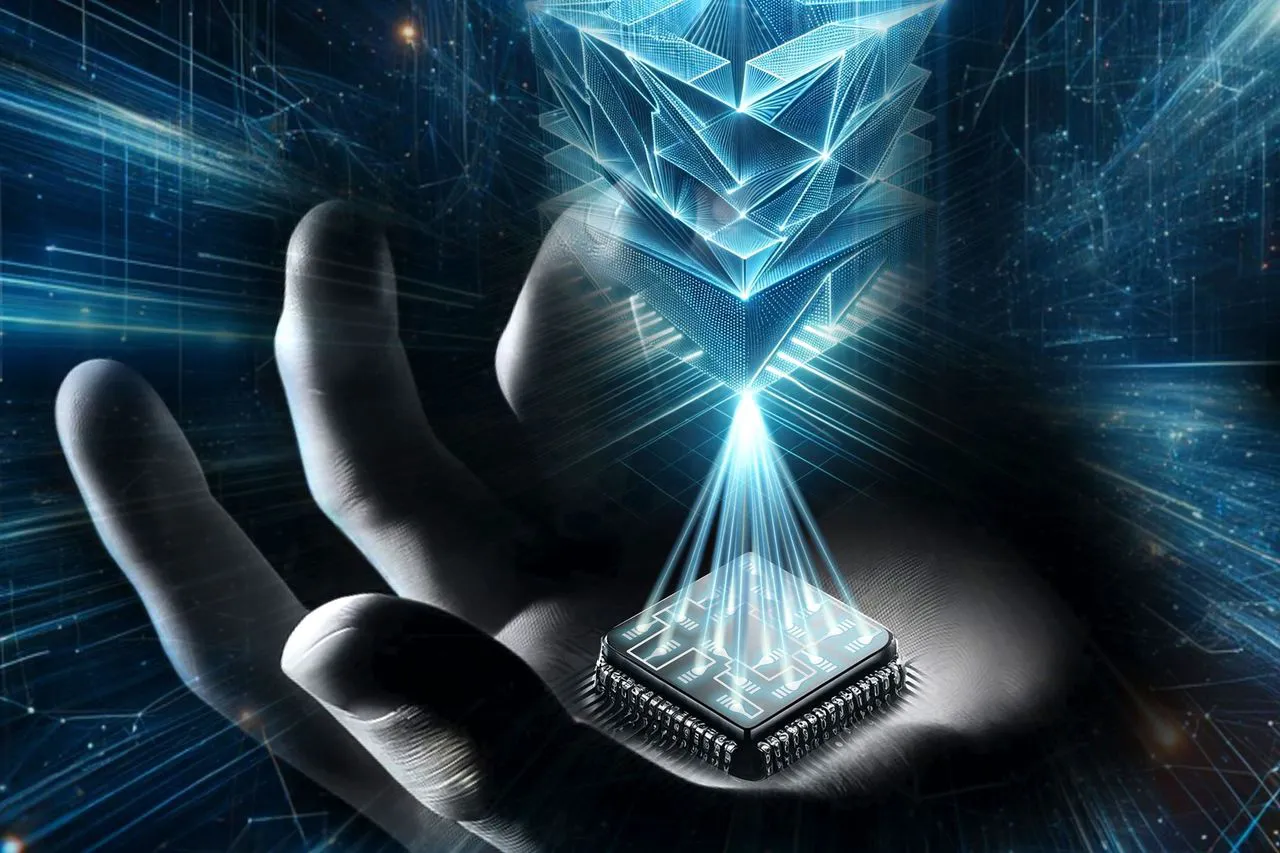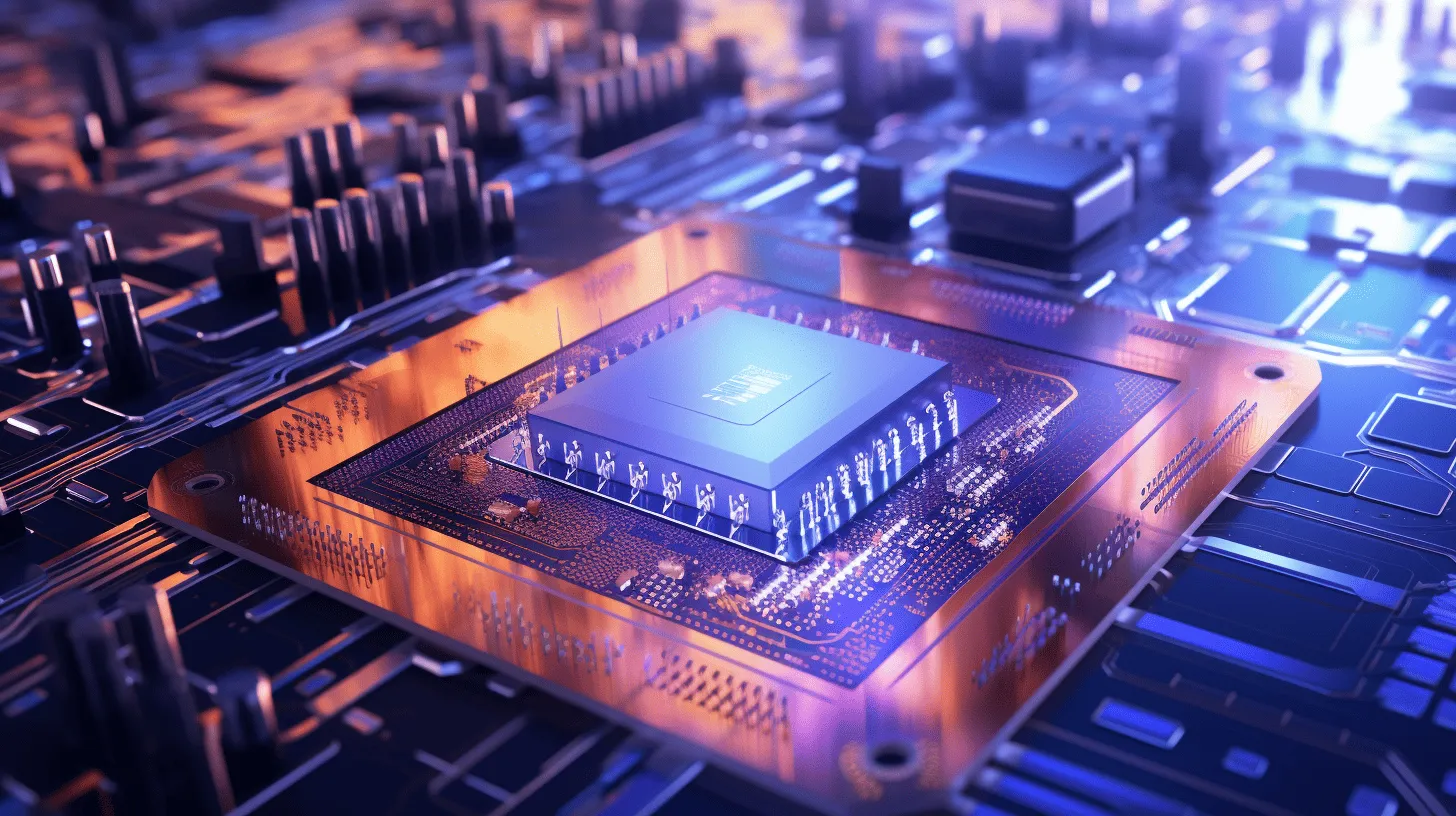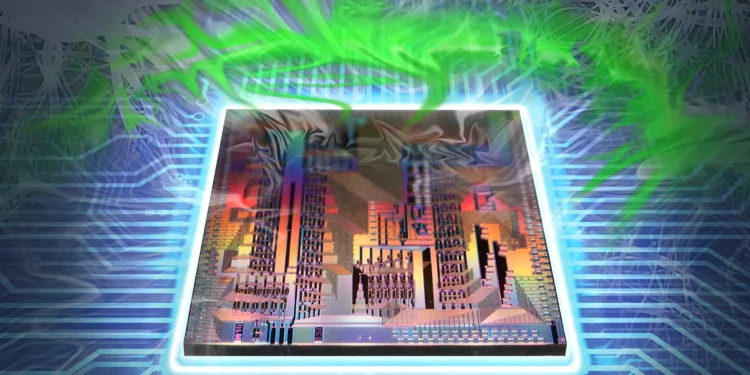For years, traditional electronic computers have followed Moore’s Law, getting faster and more powerful with each generation. However, the looming limitations of transistor miniaturization suggest that new forms of computing need to be explored. Photonics, which utilizes light (photons) instead of electrons for computation, offers a promising alternative with its potential for high bandwidth and low latency operations.
Photonics in computing is not a new concept, but implementing it effectively at the chip level has posed significant challenges. MIT’s breakthrough in creating a chip capable of running neural network calculations using light represents a monumental advancement in this field. The initial version of this chip, developed in 2017, faced limitations, particularly with nonlinear operations essential for complex learning functions. These operations were initially processed using external electronic signals, thus negating some benefits of photonic processing.

MIT’s Innovative Solution: Nonlinear Optical Function Units (NOFUs)
The recent developments by MIT’s team, led by visiting scientist Saumil Bandyopadhyay, have introduced an innovative component known as nonlinear optical function units (NOFUs). These units cleverly integrate photonics with traditional computing elements to maintain all neural network processing on the chip. Data is initially encoded into light through an array of programmable beamsplitters. The NOFUs then handle the necessary nonlinear functions by directing a small fraction of this light to photodiodes, which convert it back into electrical signals as needed, all within the chip itself.
“We stay in the optical domain the whole time, until the end when we want to read out the answer. This enables us to achieve ultra-low latency,” explained Bandyopadhyay. This integrated approach not only preserves the speed and bandwidth advantages of photonics but also enhances the chip’s overall efficiency and effectiveness.

Impressive Performance and Future Prospects
The photonic system demonstrated by MIT has shown remarkable results, achieving more than 96% accuracy in training phases and maintaining 92% accuracy during actual machine learning workloads. What sets this technology apart is its operational speed—conducting key calculations in roughly half a nanosecond, significantly outpacing traditional electronic computing systems.
The fabrication of the photonic chip uses standard tools available in semiconductor foundries, which suggests that scaling up production could be seamlessly integrated into existing manufacturing processes. While the adoption of photonics in mainstream computing may still be on the horizon, the potential for this technology to eventually surpass the capabilities of electronic systems is undeniable.

As AI continues to advance and find new applications in every sector from healthcare to autonomous vehicles, the demand for faster, more efficient processing technologies will escalate. MIT’s photonic chip stands at the forefront of this technological evolution, heralding a future where light-speed processing powers the next generation of AI innovations. This breakthrough not only marks a significant milestone in computing technology but also sets the stage for a future where light-driven computing could become the new standard for speed and efficiency in an increasingly data-driven world.










